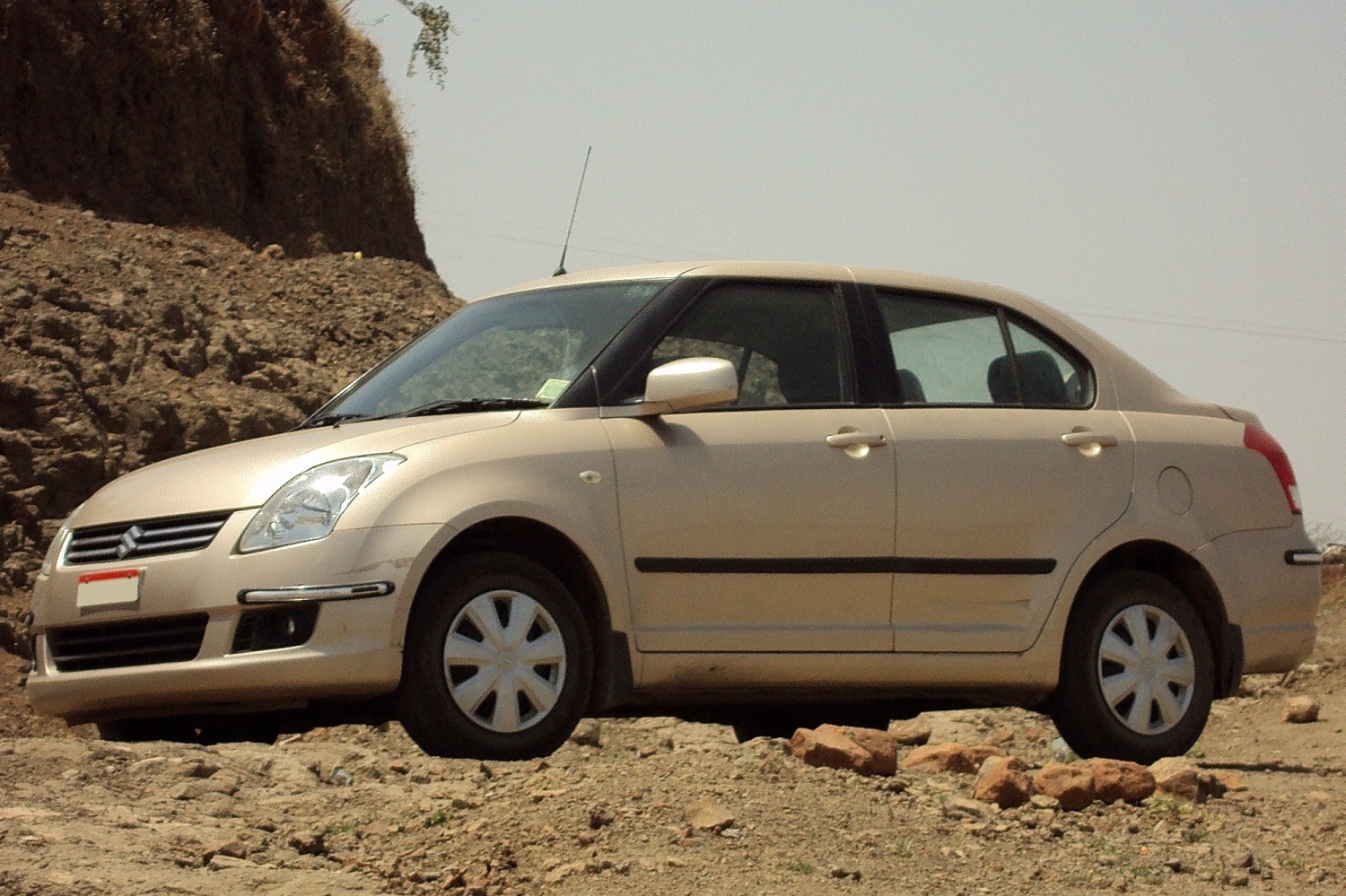Climate change has become a global concern today. There is a huge pressure on the automobile industry to focus on reducing the carbon footprint.
Globalisation and liberalisation policies in India have increased the number of road vehicles by almost 92.6% from 1980-81 to 2003-04. These vehicles mainly consume non renewable fossil fuels, and are a major contributor of green house gases, particularly CO2 emission. According to the paper ‘Emissions from India’s transport sector: Statewise synthesis, Atmospheric Environment (2009)’ by Ramachandra T.V. and Shwetmala, In India, transport sector emits an estimated 258.10 Tg of CO2, of which 94.5% was contributed by road transport (2003-04).
Reaffirming their commitment towards environment protection, Maruti Suzuki India has introduced a series of innovations across its products and manufacturing processes that contain emission and lower water use.
The Company has saved an estimated over 8.3 lakh tonnes of CO2 emission over the past decade through introduction of CNG, LPG and Smart Hybrid vehicles. It has been consistently achieving improvements in fuel efficiency in the conventional petrol engine and diesel engine vehicles. The efforts have led to nearly 20% fuel efficiency improvement in compact cars in both gasoline and diesel vehicles. This is achieved through focused innovations such as new generation platforms, friction reduction in drive train and improvement in drive-line losses. The innovative next generation HEARTECT platform has also helped in lowering the CO2 emission by 6-8% while offering superior performance and safety.
At its manufacturing facilities, the company has reduced water consumption per vehicle manufactured by 6% in 2017-18, compared to the previous year. At the same time, there is a 1% reduction in CO2 emission while manufacturing every vehicle over the past year.
“Maruti Suzuki is working systematically to reduce vehicle emissions and the impact of manufacturing on the environment. The Company has been consciously introducing innovative technologies to make products environment friendly. Going forward, we will continue our focus on investing in new technologies and further bring down CO2 emissions per vehicle,” said, Mr. Kenichi Ayukawa, Managing Director & CEO, Maruti Suzuki. He added, “As part of our effort to use renewable source of energy, in this fiscal we plan to install a 5MW solar power plant at our Gurgaon campus. At Manesar, our existing 1MW solar power plant will be complemented by an additional 0.5MW solar plant.”
Apart from this, the company has adopted the Dry Wash system for cars which has saved a whopping 285 million litres water in 2017-18. On product designing, it has developed the full vehicle virtual validation capability, which has helped to induce efficiency in the product development processes to reduce carbon footprint.
Going forward, the Company is aiming to adopt International Material Data capturing system to study parameters like ASR (Automotive Shredder Residue), RRR (Reuse, Recycle and Recover) and substances of concern (like Pb, Hg, Cd, Cr) across all models so that prohibited substances can be identified and eliminated. This initiative will strengthen end of life system (ELV) for vehicles.
For exports Maruti Suzuki will align with the European Union system of classification, labelling and packaging of chemical substances adopt VCI Packaging (Volatile Corrosion Inhibitors) guidelines for packaging materials. By aligning with EU norms the disclosures on components will be comprehensive.
Thank you for reading the story until the very end. We appreciate the time you have given us. In addition, your thoughts and inputs will genuinely make a difference to us. Please do drop in a line and help us do better.
Regards,
The CSR Journal Team


